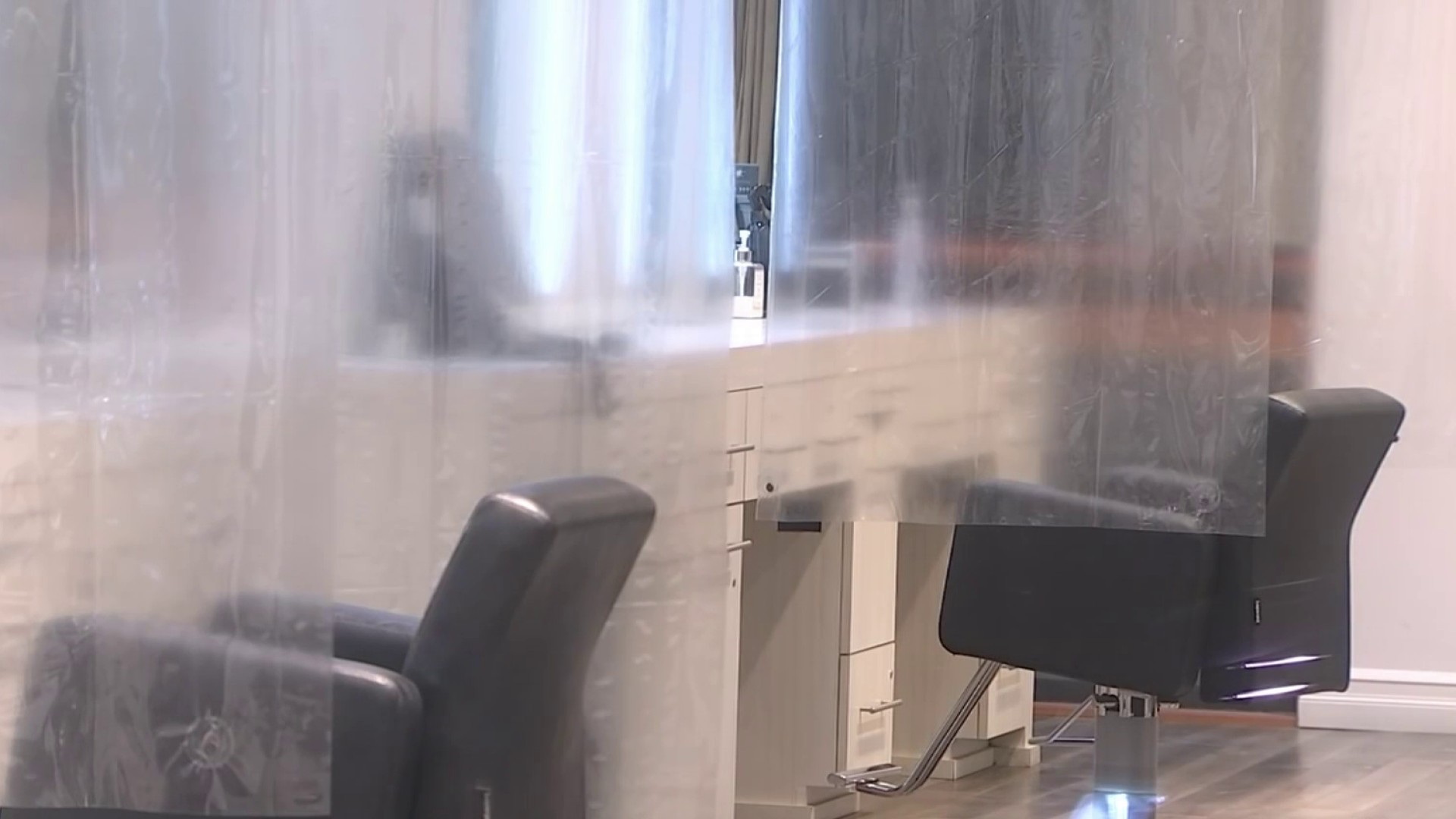What to Know
- Gov. Phil Murphy says New Jersey surpassed its goal a few days early of conducting at least 20,000 coronavirus tests per day.
- The Democrat announced Wednesday the state had exceeded the threshold on the Saturday and Tuesday bookends of Memorial Day weekend. The state is using the tests as a barometer for reopening the economy.
- Health Commissioner Judy Persichilli says that the “best tool in our toolkit” is quarantining positive cases and that “you need to find the positives.”
Gov. Phil Murphy says New Jerseyans getting tested is critical in New Jersey's return from coronavirus shutdowns.
Murphy has promoted increased testing and contact tracing as keys to reopening New Jersey from closures intended to slow the spread of the novel coronavirus. The first-term Democrat said at his Wednesday coronavirus briefing that it has been about one month on what he calls "the Road Back."
"Our ability to stay on our Road Back is guided by eight words: Public health creates economic health. Data determines dates," Murphy said.
As of Wednesday, there were nearly 157,000 COVID-19 cases reported in New Jersey and at least 11,339 people had died from COVID-19-related complications. Murphy announced another 148 coronavirus-related deaths on Wednesday.
In the past few weeks, Murphy has slowly lifted restrictions as cases and hospitalizations have slowed in New Jersey. As of Wednesday, COVID-19 patients in the ICU had dropped to 768 and only 16 patients remained at the state's field medical centers.
"We are now well past the peak" of the viral outbreak, Murphy said.
New Jersey surpassed its goal a few days early of conducting at least 20,000 coronavirus tests per day, Murphy said Wednesday.
There were 30,000 tests Saturday, the Democrat said, before the tally dipped over the Memorial Day holiday. Then on Tuesday, there were 24,000 tests, he said. The state wanted to hit at least 20,000 daily tests by the end of May.
“We want New Jerseyans to get tested,” Murphy said. “Anyone who wants to get tested can get tested.”
The governor is using the tests as a barometer for reopening the state's economy as the pandemic threat eases. More testing gives health leaders a better picture of the scope of the outbreak, Murphy has said.
The “best tool in our toolkit” to fight the virus is quarantining positive cases and to do that “you need to find the positives," Health Commissioner Judith Persichili said Wednesday.
Murphy said that despite an increased number of testing sites -- there were 164 public and private testing locations as of Wednesday -- the state still needs more people to actually go out an get a test.
"The more people who do get tested, the stronger our data becomes," Murphy said. "The stronger our data becomes, the stronger our confidence will become that we can take the next steps in responsibly restarting our economy and getting our recovery underway."
Part of the testing focus has been on hard-hit long-term care facilities, where testing is now being done to residents and staff, Persichili said.
Getting a coronavirus test no longer requires a prescription. While the general public can get a test, essential workers and those who believe they could have the virus are encouraged to get them, Persichilli said.
Jersey Shore beaches have reopened, outdoor activities like charter fishing, golfing, tennis and parks are also allowed again. On Tuesday, Murphy announced that outdoor graduations would be permitted starting July 6 and that professional teams could return to practice facilities.
There is curbside pickup now allowed for retailers as well, but most public indoor spaces remain closed unless they serve an essential need like grocers and pharmacies.
Contact tracing is also key to decision making when it comes to coronavirus data.
As of Wednesday, there were hundreds of contract tracers on either the statewide or county level. Persichilli said the goal is to eventually have 20 to 30 trained contact tracers per 100,000 residents.



